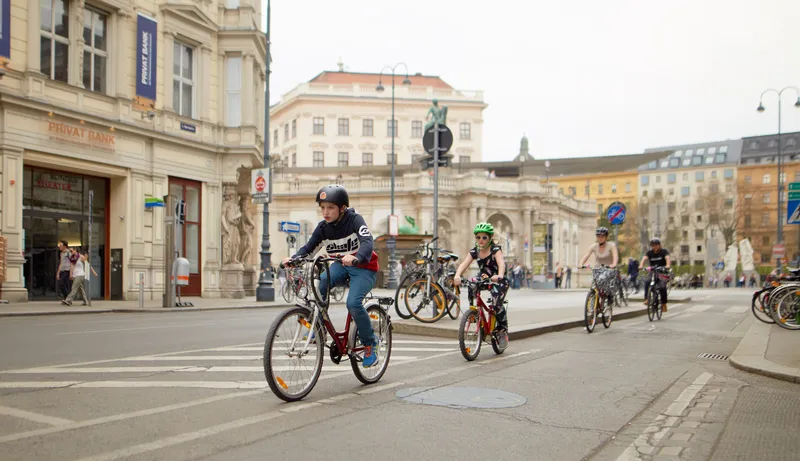Guidelines that explain the essential steps involved in developing a Sustainable Urban Mobility Plan (SUMP) have been published by the European Commission in further six languages.
Available now in Bulgarian, English, Hungarian, Italian, Polish, Romanian and Spanish, the guidelines include good practice examples, tools and references that illustrate each step to help urban mobility and transport practitioners prepare, develop and implement SUMPs.
The Commission is publishing these guidelines to support its Action Plan on Urban Mobility, which calls for an increase in the take-up of SUMPs in Europe. A SUMP is an integrated transport plan based on the principles of sustainable development. Rather than just building transport infrastructure, SUMPs are orientated to reduce pollution, boost social inclusion and improve the economic well-being of European citizens.
New multi-lingual SUMP guidelines released
uidelines that explain the essential steps involved in developing a Sustainable Urban Mobility Plan (SUMP) have been published by the European Commission in further six languages. Available now in Bulgarian, English, Hungarian, Italian, Polish, Romanian and Spanish, the guidelines include good practice examples, tools and references that illustrate each step to help urban mobility and transport practitioners prepare, develop and implement SUMPs.
September 5, 2014
Read time: 1 min










